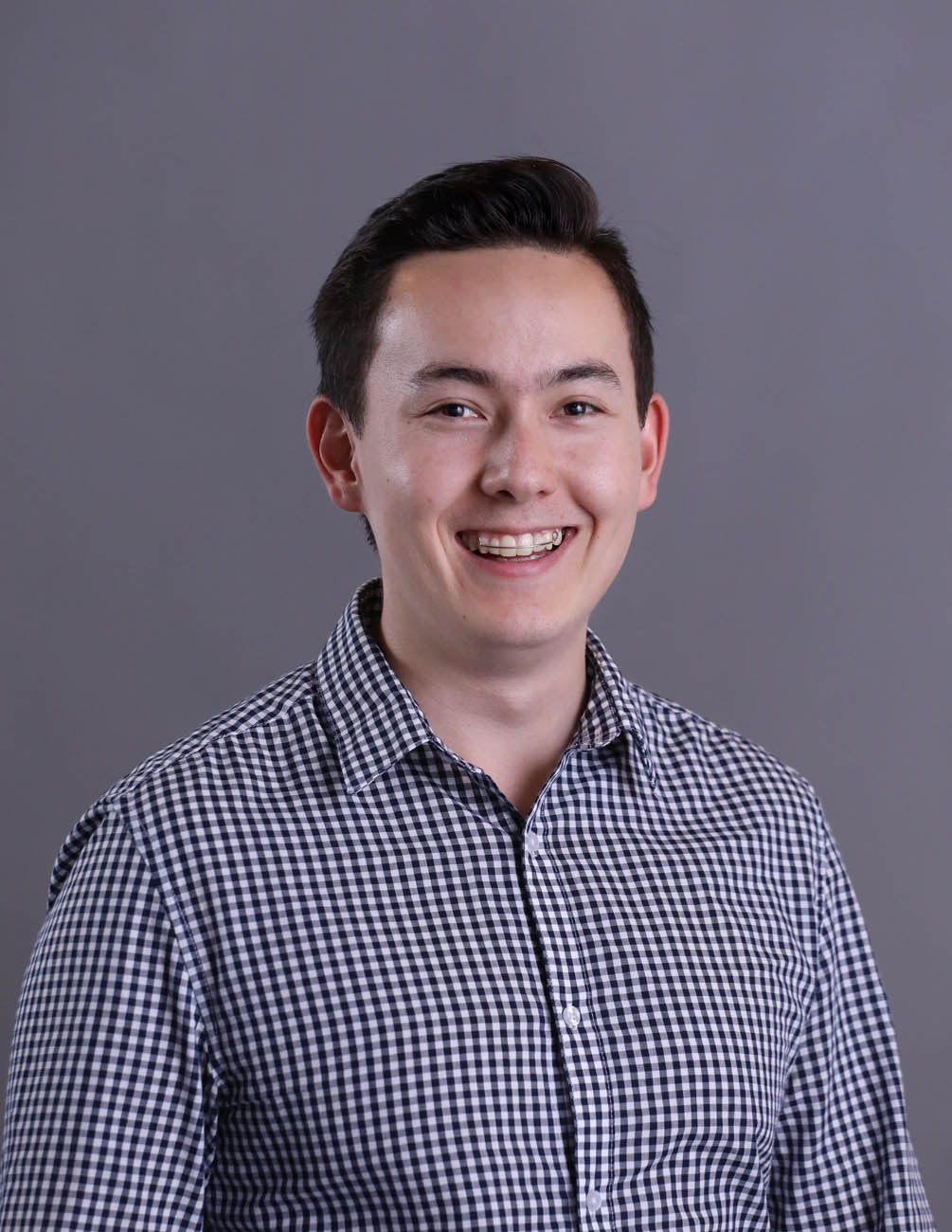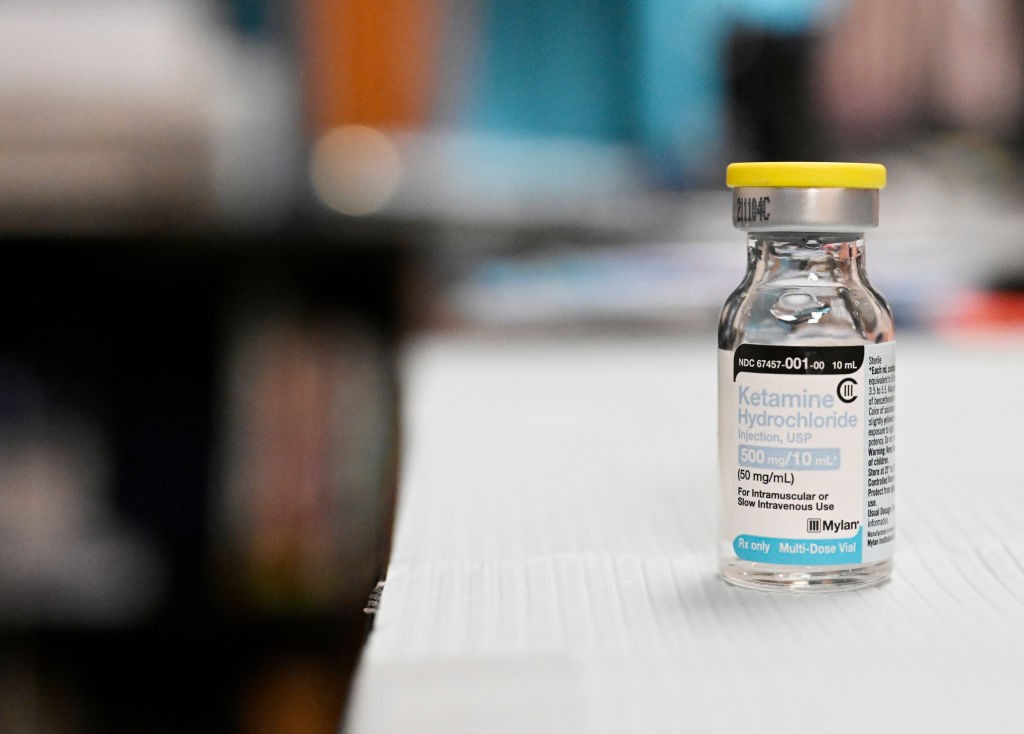17 UNSW projects will benefit from National Health and Medical Research Council grants.
Research to improve treatments for severe and treatment-resistant depression, reduce inequities in injuries, and eliminate HIV transmission are just some of the UNSW Sydney projects to share in funding from new National Health and Medical Research Council (NHMRC) Investigator Grants.
The Investigator Grant Scheme provides five years of funding for high-performing health and medical researchers at all career stages. The grants are designed to give recipients the flexibility to develop their projects, form collaborations, and pursue new research directions as they arise.
Professor Bronwyn Fox, Deputy Vice-Chancellor Research & Enterprise at UNSW, commended the 17 UNSW researchers who were awarded a total of $28 million in funding.
“From eliminating HIV transmission to advancing implantable medical devices and improving care for chronic pain, the innovative work of our researchers recognised through the NHMRC Investigator Grants is truly inspiring,” Prof. Fox said. “The projects reflect UNSW’s commitment to advance medical and health research and address some of the world’s most significant challenges.
“It’s a credit to UNSW that so many of our researchers across all career stages have been honoured with these grants, and I look forward to seeing the impacts of the projects in the years ahead.”
Significant funding support
Professor Colleen Loo from the Black Dog Institute and UNSW Medicine & Health received $3,014,025 for Improving treatments for severe and treatment-resistant depression. The research will address one of the most pressing issues today in mental health – developing new, more effective treatments for people with severe, difficult-to-treat depression that has not improved with standard therapies such as medication and psychological support.
“11% of Australians will experience depression in their lifetime,” Prof. Loo said. “Of these, about a third will not recover with standard treatments.”
Fortunately, new highly effective treatments are emerging for severe and difficult-to-treat depression. These include new, improved forms of brain stimulation, ketamine and psychedelic medications combined with therapy, which Prof. Loo will explore with her Investigator Grant
The research program will also seek to establish a world-first “platform trial” that can rapidly assess the range of interventions for depression.
The program of research will conduct trials to investigate and improve these interventions, examine critical issues of who should receive which therapies and when, address barriers to treatment and understand how they work, Prof. Loo said. The cost effectiveness of these new interventions will be investigated, preparing the case for public and private funding of the new treatments and facilitate affordable and fair access to mental health care.
Professor Rebecca Ivers, Head of the School of Population Health at UNSW Medicine & Health, received $3,014,025 for Reducing inequities in injury across the life course. The research will help improve understanding of injury burden and risk factors in Australia and globally. It will also lead to the development of culturally safe programs to prevent and treat injury, including for Indigenous people, culturally diverse communities in Australia, and for people in low and middle income countries.
“There remain significant global inequities in access to injury prevention and trauma care programs,” Prof. Ivers said. “I will be working with consumers, community members and researchers in Australia and globally on a range or projects to better prevent and treat injury, focusing on reducing inequities.
“This includes co-design and evaluation of programs preventing road injury, falls and hip fracture in diverse populations in Australia and globally.
“The research will also importantly help fund PhD scholarships and training opportunities for the next generation of injury researchers.”
Professor Martin Holt from the Centre for Social Research in Health at UNSW Arts, Design & Architecture received $3,014,025 for Implementation research to eliminate HIV transmission in Australia: a community-based, digital and peer-enhanced approach. The overarching aim of the project is to work with community organisations, clinicians and governments to increase testing and hasten the elimination of HIV transmission in Australia.
“The funding from the NHMRC will allow my team to evaluate the effectiveness of digital and peer-based methods to extend access to HIV testing and prevention in underserved populations,” Prof. Holt said.
Professor Bruce Neal from The George Institute for Global Health and UNSW Medicine & Health received $3,014,025 for Achieving global health gains from potassium-enriched salt.
Excess sodium consumption is conservatively estimated to cause 1.9 million deaths globally each year and many more hospital admissions for non-fatal stroke, heart disease, and kidney failure. While ‘cutting’ salt intake has proved difficult to achieve, ‘switching’ salt intake to a potassium-enriched salt substitute appears to be an effective alternative that tastes just like regular salt with the added advantage of addressing insufficient dietary potassium intake.
The other UNSW Investigator Grant recipients:
Professor Rona Chandrawati from the School of Chemical Engineering at UNSW Engineering received $2,818,905 for Advancing implantable medical devices through nanotechnology engineering.
Professor Jamie Vandenberg from the Victor Chang Cardiac Research Institute and UNSW Medicine & Health received $2,814,025 for Optimising risk stratification for sudden cardiac death in the young.
Associate Professor BJ Newton from the Social Policy Research Centre at UNSW Arts, Design & Architecture received $1,634,700 for Understanding systems abuse and Aboriginal resistance in child protection contexts.
Dr Aidan Cashin from Neuroscience Research Australia (NeuRA) and UNSW Medicine & Health received $1,623,700 for Improving care for chronic pain: implementing effective treatments and reducing medicine-related harms.
Dr Kylie James from the Garvan Institute of Medical Research and UNSW Medicine & Health received $1,623,700 for Creating a cellular and microbial canvas of intestinal disease to guide patient stratification, response to treatment and precision therapy.
Dr Mohamed Hammoud from the Kirby Institute and UNSW Medicine & Health received $688,405 for Generating the evidence required to enable health equity for gender and sexuality diverse populations in Australia.
Dr Paulo Pelicioni from the School of Health Sciences at UNSW Medicine & Health received $688,405 for Understanding the clinical presentation of Aboriginal and Torres Strait Islanders with Parkinson’s disease in Australia.
Dr Saurab Sharma from the School of Health Sciences at UNSW Medicine & Health received $688,405 for EQUIP-Australia: co-designing an equitable model of care for musculoskeletal pain in Australia.
Dr Etienne Masle-Farquhar from the Garvan Institute of Medical Research and UNSW Medicine & Health received $688,405 for Blood and bone: pathogenic leukocytes and acquired mutations within arthritic joints.
Dr Curtis Cai from the Garvan Institute of Medical Research and UNSW Medicine & Health received $688,405 for Identifying molecular determinants of antiviral immunity conferred by effector T cells.
Dr Ruebena Dawes from the Garvan Institute of Medical Research and UNSW Medicine & Health received $688,405 for Enhanced analysis of splice-altering variants to improve diagnostic rate in rare disease.
Dr Fei Deng from the School of Biomedical Engineering at UNSW Engineering received $663,405 for Autocatalytic CRISPR sensor for ultrasensitive detection of cell free DNA in precision oncology.
Dr Drew Neavin from the Garvan Institute of Medical Research and UNSW Medicine & Health received $638,405 for Stem cell model systems to reflect global diversity and unlock equitable cardiovascular disease research.
Media enquiries
For enquiries about this story and interview requests, please contact Ben Knight, External Communications Officer, UNSW Sydney.
Phone: (02) 9065 4915
Email: b.knight@unsw.edu.au











